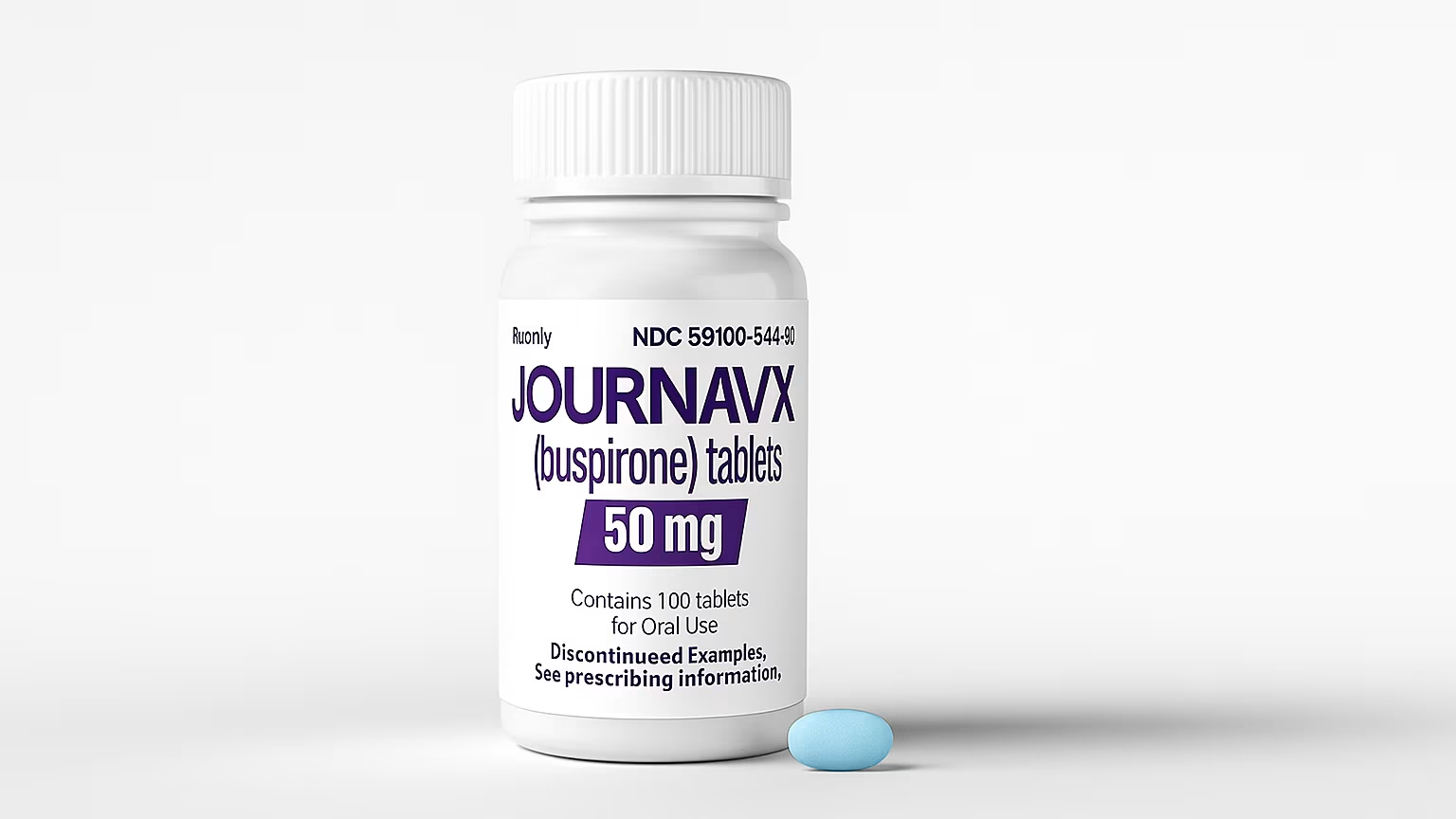Tylenol, known by its generic name acetaminophen, is one of the most widely used over-the-counter (OTC) medications in the United States and across the globe. Whether you’re dealing with a pounding headache, muscle aches, a stubborn fever, or mild arthritis, Tylenol is often the go-to pain reliever for fast, effective relief. But how well does it really work? Is it safe for long-term use? In this review, we break down the benefits, side effects, dosage guidelines, and everything else you need to know before using Tylenol.
What Is Tylenol (Acetaminophen)?
Acetaminophen is a non-opioid pain reliever and fever reducer. It is the active ingredient in Tylenol, and it’s found in hundreds of other prescription and OTC products, including cold and flu remedies.
Unlike nonsteroidal anti-inflammatory drugs (NSAIDs) such as ibuprofen or aspirin, acetaminophen does not reduce inflammation. Its primary function is to alter how the body senses pain and to help regulate body temperature through action on the brain’s hypothalamus.
Benefits of Tylenol
1. Effective Pain Relief
Tylenol is commonly used for:
- Headaches and migraines
- Toothaches
- Menstrual cramps
- Muscle aches and strains
- Back pain
- Mild arthritis and joint pain
While it may not work as well as NSAIDs for inflammatory conditions, it’s extremely effective for general pain management.
2. Fever Reduction
Tylenol helps bring down a fever by signaling the brain to cool the body. It’s widely used in both adults and children for this purpose.
3. Gentler on the Stomach
Unlike NSAIDs, acetaminophen is less likely to irritate the stomach lining or cause gastrointestinal bleeding, making it a better choice for individuals with ulcers or sensitive stomachs.
4. Safe for Most People
When taken as directed, Tylenol is considered safe for:
- Children over 2 years (with pediatric formulations)
- Pregnant women (under doctor supervision)
- People who cannot tolerate NSAIDs
Common Side Effects of Tylenol
Although Tylenol is generally safe when used properly, side effects can occur, especially when exceeding the recommended dosage.
Mild Side Effects:
- Nausea
- Headache
- Rash (rare)
Serious Side Effects (usually with overdose or long-term misuse):
- Liver damage or liver failure (the most serious risk)
- Allergic reactions (swelling, difficulty breathing)
👉 If you experience yellowing of the skin or eyes, dark urine, or abdominal pain after taking acetaminophen, seek medical attention immediately.
Tylenol Dosage Guide (For Adults & Children)
It’s critical to follow accurate dosage instructions to avoid serious health risks:
✅ Adults:
- Regular strength: 325 mg per tablet
👉 Dose: 2 tablets every 4–6 hours - Extra strength: 500 mg per tablet
👉 Dose: 2 tablets every 6 hours - Maximum daily dose: 4,000 mg per 24 hours
(Some experts recommend staying under 3,000 mg for safety)
✅ Children:
- Use Children’s Tylenol Liquid or Chewables
- Dose based on weight and age
- Always use the included dosing syringe or cup
- Never exceed more than 5 doses in 24 hours
⚠️ Never mix Tylenol with other medications that contain acetaminophen (such as NyQuil, DayQuil, Excedrin, etc.) to avoid overdose.
🆚 Tylenol vs Advil: Comparison Chart
| Feature/Category | Tylenol (Acetaminophen) | Advil (Ibuprofen) |
|---|---|---|
| Type | Pain reliever, fever reducer | NSAID: Pain reliever, fever reducer, anti-inflammatory |
| Brand Names | Tylenol, Mapap, FeverAll | Advil, Motrin, Midol |
| Reduces Inflammation | ❌ No | ✅ Yes |
| Relieves Pain | ✅ Yes | ✅ Yes |
| Reduces Fever | ✅ Yes | ✅ Yes |
| Best For | Headache, fever, cold, minor aches | Muscle pain, arthritis, inflammation |
| Stomach-Friendly | ✅ More gentle on stomach | ❌ Can cause stomach irritation |
| Risk of Liver Damage | ⚠️ High if overdosed or mixed with alcohol | Low |
| Risk of Kidney Issues | Low (in healthy individuals) | ⚠️ Higher with long-term use |
| Alcohol Interaction | 🚫 Avoid (can damage liver) | ⚠️ Use caution |
| Use During Pregnancy | ✅ Often considered safe (consult doctor) | ❌ Not recommended in third trimester |
| Age Suitability | ✅ Infants (with proper dosing) | ✅ Over 6 months (with doctor’s advice) |
| Dosing Frequency (Adults) | Every 4–6 hours (max 4,000mg/day) | Every 6–8 hours (max 1,200mg/day OTC) |
🔔 Summary:
- Choose Tylenol if you need a pain reliever that’s easy on the stomach or if you’re pregnant (with doctor’s advice).
- Choose Advil if you’re dealing with inflammation or muscle/joint pain.
🤔 Who Should Avoid Tylenol?
- People with severe liver disease
- Those who drink 3 or more alcoholic beverages daily
- Anyone allergic to acetaminophen
- Children under 2 years (unless directed by a doctor)
Always consult a doctor or pharmacist if you’re taking other medications, especially blood thinners like warfarin, as Tylenol can affect how these drugs work.
Final Verdict: Is Tylenol Worth It?
Tylenol (Acetaminophen) is a trusted, effective, and affordable option for treating common aches, pains, and fevers. It is widely regarded as safe for short-term use when taken within recommended doses. While it doesn’t treat inflammation, its gentle effect on the stomach and versatility make it ideal for millions of users, including those who can’t tolerate NSAIDs.
Just remember: More is not better. Stick to the dosage, avoid alcohol while using it, and check your other meds for hidden acetaminophen to prevent accidental overdose.








